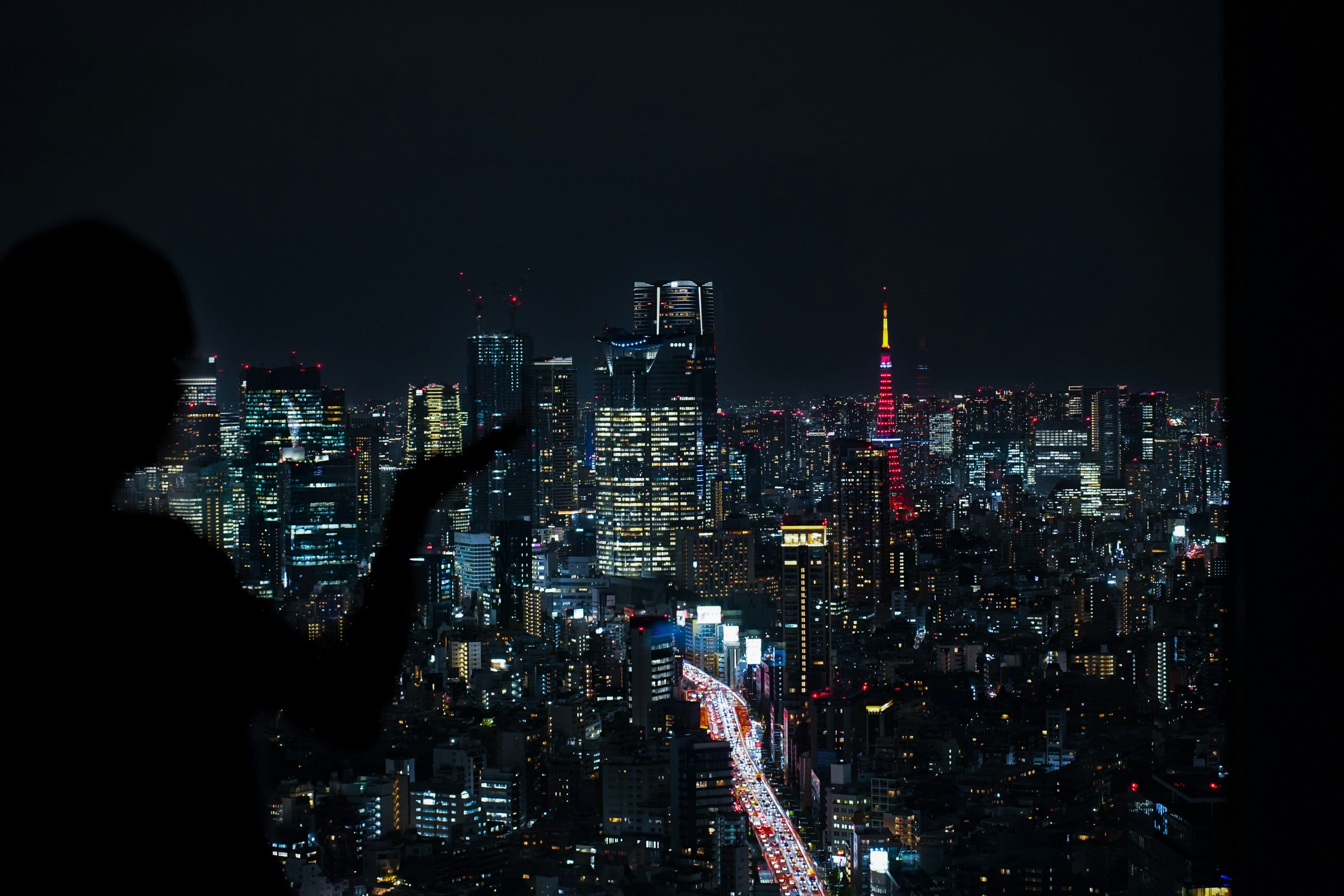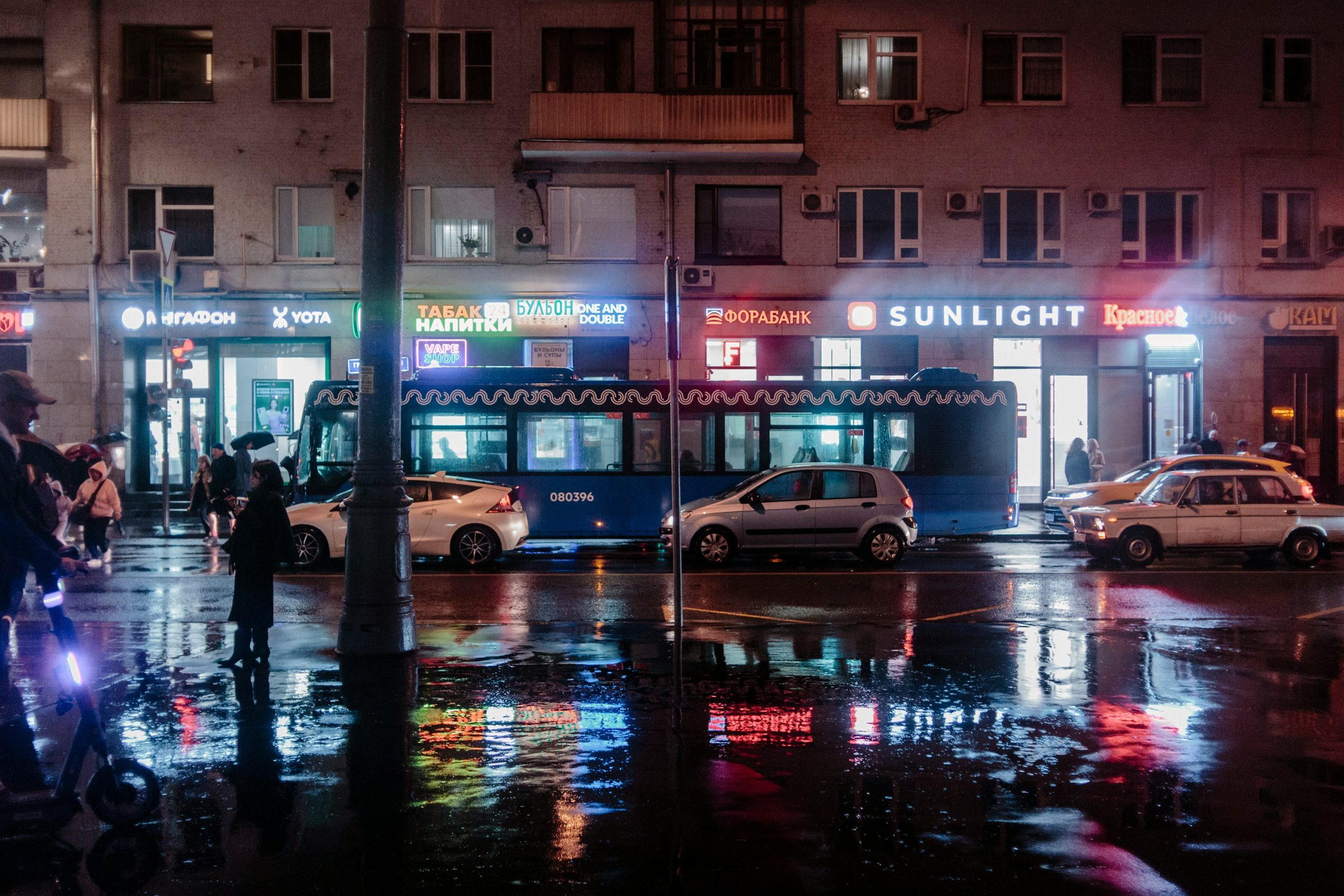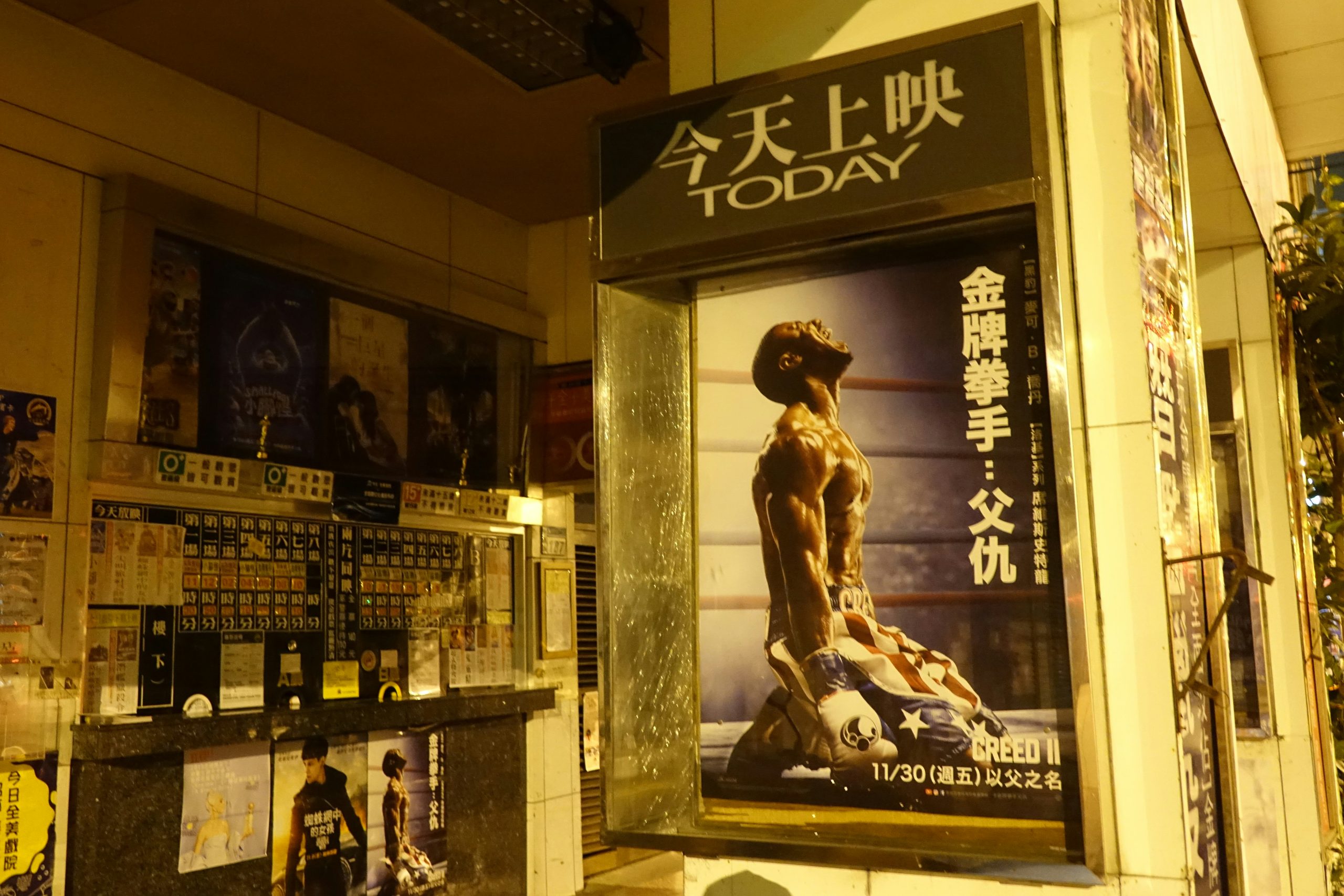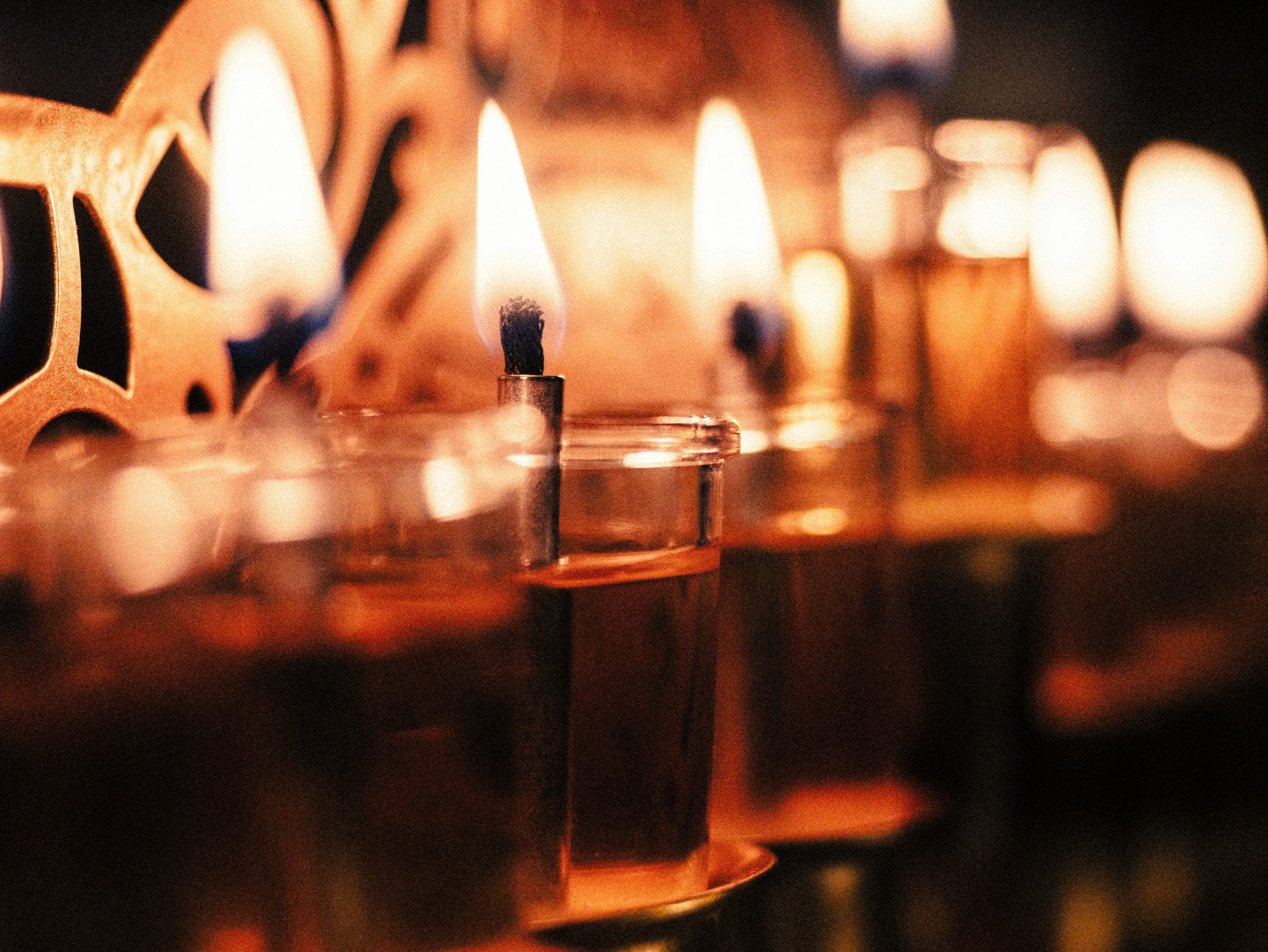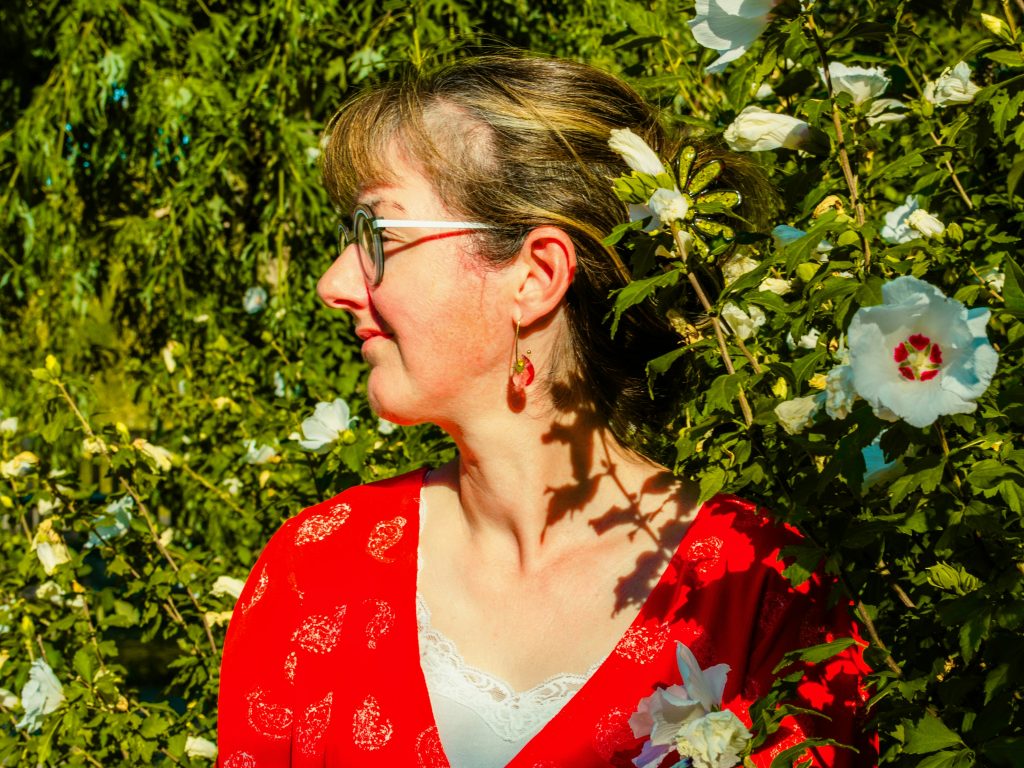Kate Beckinsale Details Years of Mistreatment in Hollywood, Adding to Growing Industry Reckoning
Hollywood's Dark Side: Kate Beckinsale Shares Experiences of Assault and Mistreatment
Kate Beckinsale, the acclaimed actress, has added her voice to the growing chorus of women speaking out against abuse and mistreatment in Hollywood. In a powerful video statement and subsequent interviews, Beckinsale revealed a multitude of unsettling experiences throughout her career, including a detailed account of assault. Her revelations come in the wake of Blake Lively's lawsuit against Justin Baldoni, highlighting a systemic issue within the entertainment industry.
Beckinsale's account is harrowing. She described instances where male actors seemed to revel in the ability to physically harm female co-stars during fight scenes, framing it as a disturbing 'thrill' masked by the legality of the actions within the context of filming. This chilling detail throws a harsh light on the power imbalances and potential for exploitation inherent in the industry's physical demands. Beyond the physical, Beckinsale also hinted at numerous other instances of mistreatment, underscoring a culture that enables and normalizes harmful behavior.
The actress's willingness to share her experiences is a significant step towards exposing the pervasive problem of abuse within Hollywood. Her candidness serves as a potent reminder that the glamorous veneer of the film industry often masks a reality rife with exploitation and power dynamics that often favor men. By sharing her story, Beckinsale empowers other victims to come forward, fostering a much-needed conversation about accountability and reform.
This isn't just about isolated incidents; it speaks to a broader pattern of normalized disrespect and abuse. Beckinsale's account, alongside other recent allegations, paints a disturbing picture of the systematic challenges women face in navigating a male-dominated industry. The industry's response to these allegations will be crucial in determining whether genuine change is possible.
The incident also fuels ongoing discussions about the need for stronger protections for actors, particularly women, on film sets. This includes clear protocols for handling physical scenes, robust reporting mechanisms for abuse, and consequences for perpetrators. Without such measures, the cycle of abuse is likely to continue.
Beckinsale’s courage in sharing her story is undeniably commendable. Her willingness to speak out, despite the potential repercussions, reflects a growing determination among women in Hollywood to break the silence and demand accountability. The impact of her testimony reaches far beyond individual experiences; it serves as a catalyst for wider systemic change. This event will undoubtedly spur continued dialogue about the urgent need for reform within the entertainment industry and the importance of creating a safer, more equitable environment for all.
The ripple effect of these revelations is already being felt. The conversation sparked by Beckinsale's account, alongside other similar instances, emphasizes the crucial need for greater transparency, stricter regulations, and a fundamental shift in industry culture. It demands a critical examination of power dynamics, a commitment to creating safer work environments, and a zero-tolerance policy for all forms of abuse.
This is not just a Hollywood problem; it's a reflection of broader societal issues related to gender inequality and power imbalance. Beckinsale's bravery underscores the importance of continued efforts to dismantle harmful cultural norms and build a more equitable and just world, both within the entertainment industry and beyond. The spotlight shines brightly on Hollywood now, urging a reckoning and demanding concrete changes that will protect future generations of actors from similar experiences.
The industry's response to this evolving situation will be a critical test of its commitment to meaningful change. Will this moment become a turning point, or will the cycle of abuse continue?



